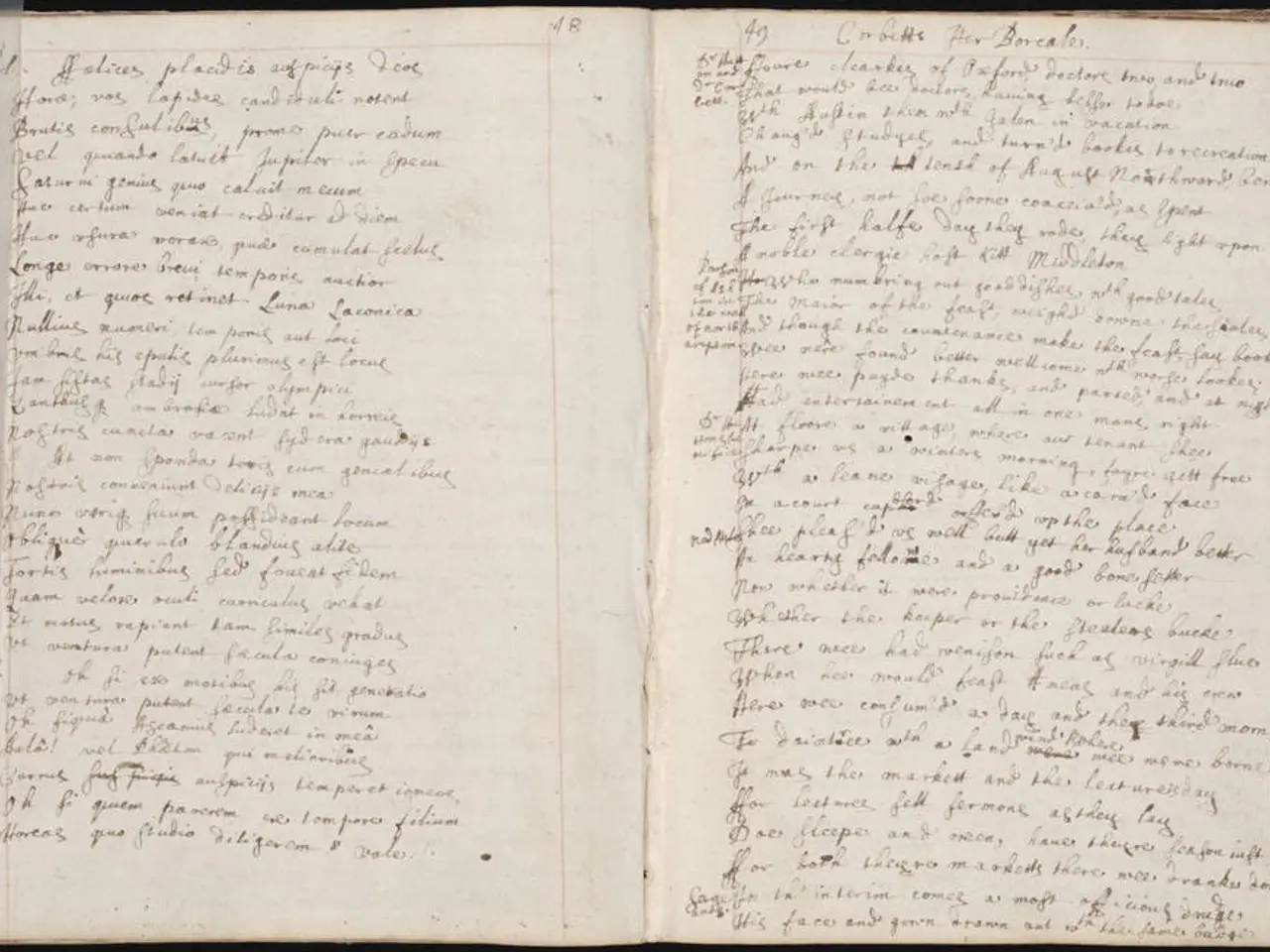Exploration of Prayer and Supernatural Phenomena
In the realm of religious thought, the Bahá'í Faith stands out as a philosophy that seeks to reconcile the existence of a Creator who governs the universe with divine intervention, such as miracles and answered prayers. This approach offers a unique perspective on the relationship between science, faith, and the supernatural.
Central to the Bahá'í teachings is the belief in a Creator who has established a perfectly ordered universe, governed by immutable laws that reflect wisdom, harmony, and perfection. These laws maintain the balance and functioning of all creation, providing a rational divine order that can be observed and understood through scientific inquiry.
However, the Bahá'í Faith also posits that miracles and divine interventions are not violations of natural law but manifestations of God's will. Miracles, in this context, are events that lie beyond ordinary human understanding, demonstrating God's power and purpose, yet they do not negate or disrupt the harmonious laws He has established.
The concept of prayer in the Bahá'í Faith is closely tied to this idea. Answered prayers are seen as the result of aligning one's will with God's will and tapping into the spiritual forces created by God. Prayer serves to transform the individual soul and influences the spiritual environment, which can lead to changes that manifest in the material world without breaking natural laws.
Abdu'l-Baha, a key figure in the Bahá'í faith, emphasised the distinction between "perceptible" and "intelligible" knowledge. Perceptible knowledge is physical and can be sensed by our senses, while intelligible knowledge is non-physical and not perceptible by our senses. This distinction opens up the possibility that the laws of nature supporting seemingly supernatural events may include higher, non-physical laws not yet found to be investigatable using current scientific methodology.
The question of divine intervention in relation to natural laws is a complex one, and contemporary scientists argue that such intervention would undermine God's integrity. Many contemporary scientists and atheists believe that modern science can explain universal events, eliminating the need for a supernatural creator. Charles Darwin's theories on evolution, for example, suggest that natural selection explains the diversity of life in the world today, potentially making the need for a Creator redundant.
Nevertheless, the Bahá'í Faith maintains that God does not deviate from the laws of nature, contrary to the image presented in some religious texts where God is portrayed as occasionally acting against those laws. Instead, the Bahá'í Faith proposes that God created a universe governed by perfect law and order from which He does not deviate.
In the next article, we will explore what modern physics and the laws of nature have to say about miracles and individual answers to prayers, delving deeper into the intriguing question of whether divine intervention is scientifically possible or if it falls beyond the scope of science and physics.
The Bahá'í Faith advocates that the Creator, who has implemented a rational and harmonious universe, authorizes miracles and interventions as expressions of divine will, yet they never transgress the immutable laws of nature. The pursuit of prayer, according to Bahá'í teachings, involves aligning one's will with the divine will and leveraging spiritual forces to influence mental health, physical health, and overall wellness beyond the conventional scope of scientific inquiry.




